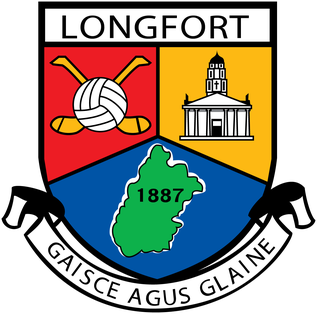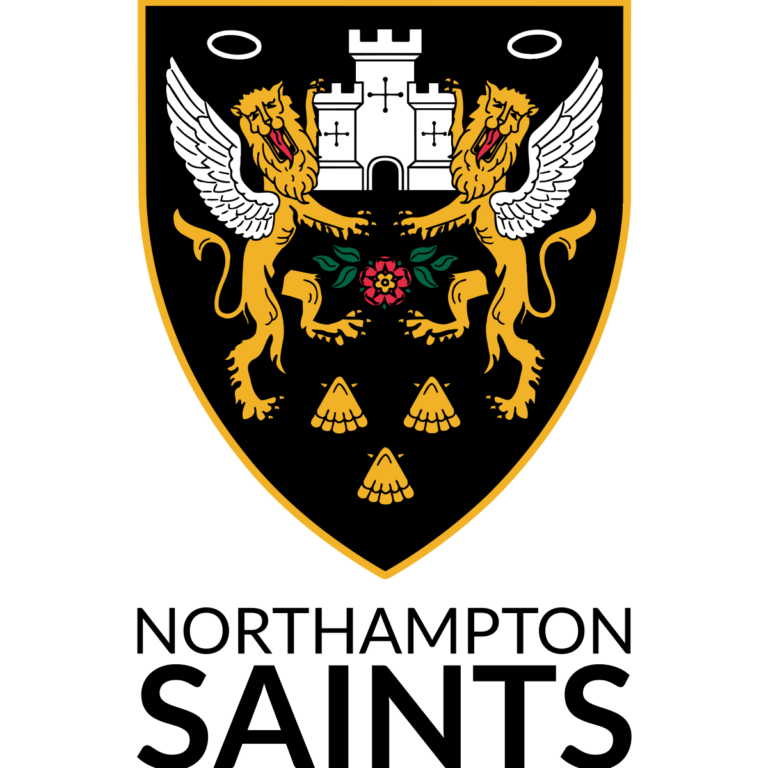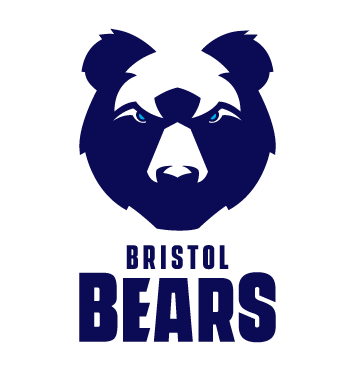Athlete Education
Unlock your potential with APEC's Athlete Education programs
Request More Information.
Browse Lesson Plan
How to utilise Multi-Disciplinary staff to improve tactical performance, addressing individual weaknesses through training and competition – using reflection and evaluation to set agreed targets for individual action plans.
How to use technology such as video footage or software packages to interpret and compare different forms of analysis.
How to use this analysis to evaluate both technical and tactical performance and impact on results during training and competition.
Use digital technology to refine and optimise performance in terms of tactical approach to the opposition, understanding opposition teams’ strengths and weaknesses, creating individual tactical plans and reviewing performance post game.
Use data and digital insight to improve performance of their skills and performance.
The physical requirements such as cardiovascular fitness, explosive power, stamina of professional sport; principles of training (including periodisation), specificity and methods (e.g. strength and conditioning, fundamental movement, physical literacy) used to develop physical capabilities.
Continually improve physical capabilities by utilising insight and expertise from specialist support staff through completing bespoke conditioning activities such as speed, power and coordination, as well as on and off field training programmes that might take place in the gymnasium, swimming pool or performance lab.
The common types of injury (e.g. soft tissue damage) relevant to professional sport; how to prevent, recover, rehabilitate from and manage injury; plus the physiological and psychological responses to injury.
Engage in injury prevention and management programmes utilising insight and expertise from specialist support staff to help mitigate impact of injury on training and competition performance.
Safe and effective practice in sports performance environments, and how to access appropriate support networks for any areas of concern or individual wellbeing – individually and on behalf of colleagues.
The importance of equality, inclusion and diversity across society and professional sport.
Apply safe practice principles across all elements of training, preparation and competition – for example when working with equipment, working alone, working under pressure, or travelling abroad.
The importance of nutrition to help achieve excellence in professional sport.
Implement a programme to improve diet and approach to hydration and nutrition, incorporating feedback and evaluation from specialist support staff.
The legislation and guidance with regards to Anti-Doping including the negative impacts and side effects of using performance enhancing or recreational drugs on personal performance, career and the reputation of the sport.
Take appropriate action in sourcing relevant information for pre and post testing; and at all times, be able to access a current list of prohibited and banned substances.
The psychological and emotional demands of professional sport and how to make the best use of these capabilities.
The methods and strategies that relate to fundamental, preparatory and performance phases such as emotional resilience, visualisation, refocussing, concentration and pre-performance routines.
The demands of effective leadership in professional sport, identifying traits and behaviours of appropriate role models
Profile psychological strengths and weaknesses and implement their agreed programme to meet individual and sporting requirements.
Apply consistent and effective psychological and emotional skills in training and performance or competition environments.
Plan, implement and develop personal leadership skills both in and away from their professional playing career.
The mechanics of:
- effective communication (personal and professional);
- building and sustaining relationships with other people;
Communicate and build meaningful relationships with staff, colleagues and peers.
Effectively manage conflicts and present a positive image of them self, their organisation and their sport in all situations.
The importance of lifestyle management factors relevant to being a professional sports person such as finance and a responsible social media presence.
Identify and engage with an off-field personal action plan to improve lifestyle management that promotes and develops mental wellbeing and emotional health.
The components (e.g. goal setting, planning) that contribute to their chosen primary career plan, and the key facets of self-identity as a professional sports person and as an individual.
The importance of secondary and supplementary careers and consideration of dual career aspirations.
Design and implement a personal careers action plan that identifies how they will manage their transition into the next stage considering secondary and supplementary careers.
The influence and impact of each performance area on each other and how they interact.
How to self-evaluate, utilise feedback from staff, use goal setting processes and development plans.
Deliver consistent performance under pressure through effective integration of all disciplines.
Review performance and training to analyse, progress and improve performance in both training and competition.
The influence and impact of each performance area on each other and how they interact.
How to self-evaluate, utilise feedback from staff, use goal setting processes and development plans.
Deliver consistent performance under pressure through effective integration of all disciplines.
Review performance and training to analyse, progress and improve performance in both training and competition.
APEC takes great pride in its commitment to assisting the world’s most exceptional sports teams by providing customized educational programs. Our goal is to empower athletes to reach their full potential and achieve greatness in their respective sports. As a pioneer in athlete education, APEC supports talented sports performers who aspire to be part of comprehensive training and competition programs.
Our focus extends to amateur, semi-professional, and professional teams, and our athlete education qualifications are designed to enhance competence within elite sporting environments. These qualifications specifically target the training and playing aspects, emphasizing both practical and theoretical elements that contribute to optimal performance.
Athletes who undergo our program are equipped to consistently and effectively perform in training environments and competitions. They become integral members of a playing team, benefiting from the support and guidance of a diverse and multi-disciplinary team. This team includes a manager/coach, skills coaches, physiotherapists, psychologists, nutritionists, strength and conditioning experts, as well as educational staff. These professionals collaborate to provide comprehensive support, ensuring the athletes can navigate high-pressure situations and take responsibility for their actions on the field of play.
The key activities of a Sporting Excellence Professional are to:
- effectively and successfully represent their employer on the field of play at a local, regional, national or international level;
- undertake a daily training routine, supported by a multi-disciplinary team, to ensure they retain and develop the technical, tactical, physical and psychological skills necessary for performing at the professional level;
- practice a lifestyle conducive to maintaining a high level of performance;
- act as an ambassador for their employer, sport and governing body in relation to younger players, fans and the local community – including their approach to diversity, equality and inclusion;
- actively plan for life after their sporting career and to supplement the next phase of playing contract.
77 video lessons (30h 30m)
Teams We Have Worked With



Request More Information
- Digitalised and animated videos
- Interactive learning process
- Case study & MCQ based assessment
- Watch on your desktop, phone, or TV
- Study at your own time and pace
- New courses added every month
Frequently Asked Questions.
Course Information
Technical Performance – the movement and skills that underpin techniques required to play professional rugby union.
The Professional Rugby Union Player knows and understands:
A range of different technical aspects of performance in rugby when passing, catching, kicking, tackling and evasion skills are required to participate.
The Professional Rugby Union Player will be able to:
Apply assured basic techniques and an extensive range of core skills such as evasion, collision and contact, pass and kick, which cover the aspects of the game required by all positions.
Manipulate attackers and defenders with a variety of methods such as footwork, ball skills, and contact collisions skills.
Use both hands and both feet to perform skills within the given context.
Pass and kick the ball intelligently and efficiently over varying distances when unopposed and under pressure. Beat opponents in one versus one situations or by combining play with others.
Recognise opportunities to run or kick the ball, and is effective in doing so in a variety of different ways
Execute techniques skillfully at varying speeds and maintain precision under pressure.
Tactical Performance – understanding strategy & approach to performance to play professional rugby union.
The Professional Rugby Union Player knows and understands:
A range of different tactical aspects of performance (e.g. attacking and defensive set piece, transition of play, playing style and philosophy).
Understand the principles and requirements for successful exit strategies to not only relieve pressure but to turn into attacking opportunities.
The Professional Rugby Union Player will be able to:
Effectively execute specific individual roles and responsibilities as an individual and within team roles, whilst monitoring and being aware of a number of varied parameters and different outcomes. Such as:
- Attack – receiving the ball to make appropriate decision making in a range of situations.
- Defence – reacting to the opposition attackers to make an appropriate decision (e.g. to tackle or to enter a breakdown) leading to a successful outcome.
- Kicking Game – reacts to both defence and attacking shape to make the appropriate kick or supporting action when the ball is kicked.
Demonstrate effectiveness within team attacking and defending strategies and when in periods of transition.
Constantly monitor the development of play and positions effectively relating to the situation and area of the pitch.
Choose Your Fitness Education Course.
EducationUnlock your potential with APEC's Athlete Education programs
Testimonials
Former MMA Fighter, owner of Urban Gym
I found the S&C Diploma phenomenal for both time and money. With APEC, you will receive far more than just a certificate on completion. They give you the practical tools to make a real difference in people’s lives and get confident using these tools. You will also join a coaching family that supports one another and aims to help you succeed in your career.
Bristol Bears
The content is really good, it’s easy to comprehend & you can learn it in your own time. The tutors are very forgiving and helpful and the interaction with them is easy and friendly
Northampton Saints
The course really helped me understand how different forms of training can affect me and help me improve as an athlete and professional. It has enabled me to go on and do an accelerated Strength and Conditioning degree at Hartpury.